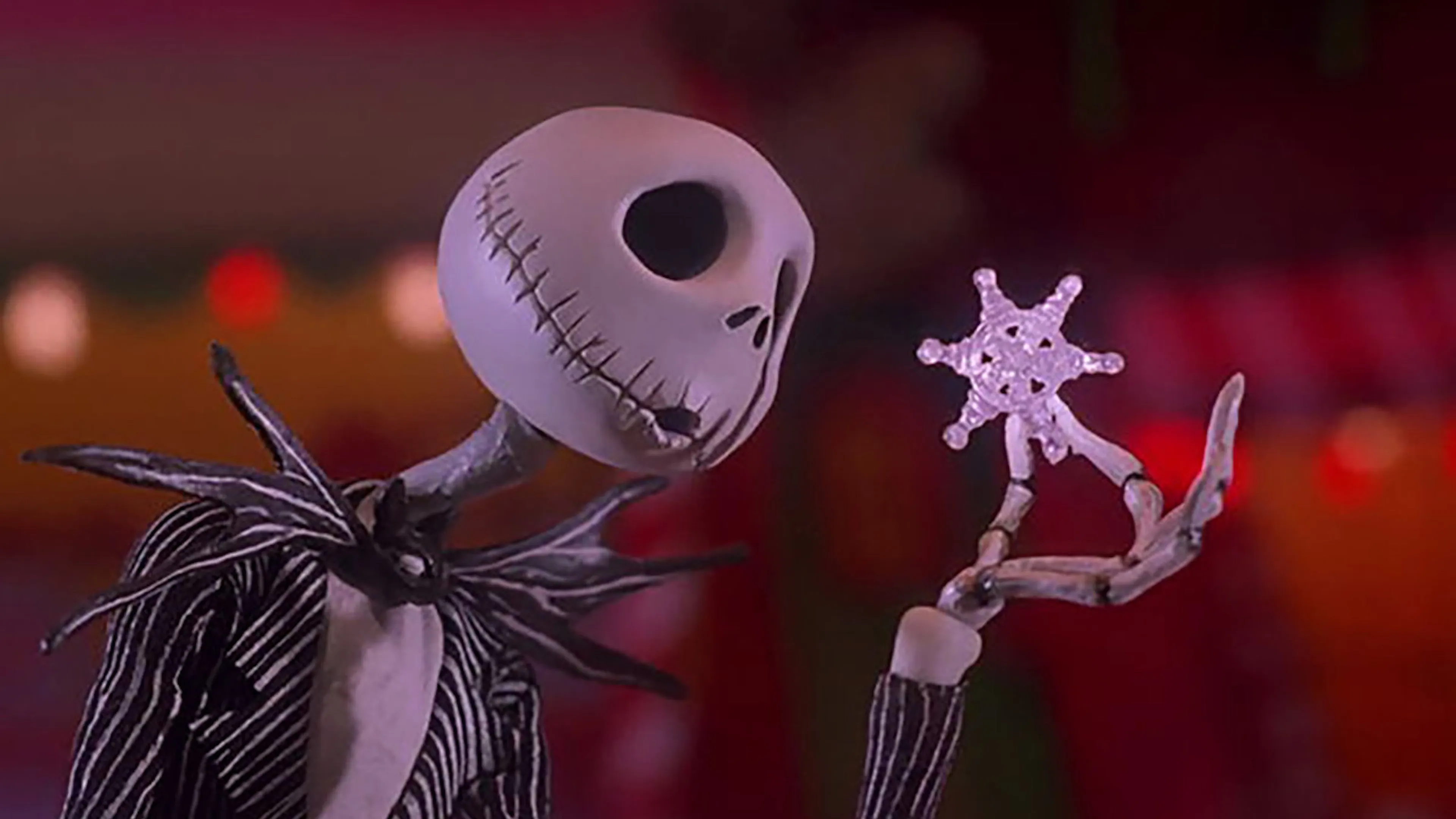What are your memories of working on The Nightmare Before Christmas?
"My primary memory was just that it was the easiest thing I’d ever done. It was really quick. All 10 songs we wrote in a month, 30 days. Now, it was going to be a two-year project after that with a lot of work dropping in and out, in and out, supervising, finalising vocals, and producing them – but what I remember is how easy it was writing the songs."
You capture the atmosphere of both Halloween and Christmas really well. What makes a song right for one or the other?
"I don’t really know – when I wrote the songs, I was just taking one scene at a time. We didn’t even really have a script, there was just the story outline, and I would ask Tim narrate each part of the story as he could, and show my illustrations and pictures, and kind of try to describe it – and then I would just run into the studio and work for three days, and just write the song based on his description of the scene. I would say, ‘Tell me the story like you’re sitting around the fire with some kids, telling it.’ And I would just get caught up in that moment. I never thought at all about what makes a Halloween song and what makes a Christmas song, I would just write about what I felt, listening to the story. Tim would show me what Jack looked like and Zero looked like, so I got an idea of the style and vibe of the towns. He would give me just black and white drawings just a sense of what the world was."
The Nightmare Before Christmas has had a huge impact on punk and goth culture. Why do you think it connected with those fans so much?
"I couldn’t begin to guess. The fact that that happened was so gratifying – I enjoyed it so much. What connects one part of a culture to any piece of art is such a subjective, strange, hard-to-determine thing. I think there was just a vibe, an aesthetic of Tim’s, that connected with that culture."
